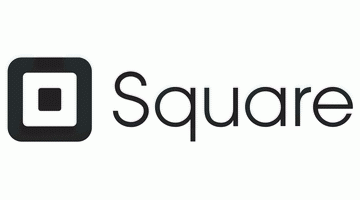Updated on November 22, 2021
The Washington laws in New York as well as nine other states which prohibit merchants from the surcharge on credit cards but usually allow cash discounts had caused confusion in the Supreme Court during a debate which ranged from price regulation and free speech to pastrami sandwiches as well as children’s lemonade stands.

The merchants who are challenging the law want the right to inform customers that an extra would be charged for credit card purchase because of the “swipe fees” that get handed down from credit card companies to retailers and, usually to customers.
The aim of the state officials defending the law is to protect the consumer from being charged more than the listed prices. It is alright under the law to reduce a $10 price if a customer pay with cash, but the price would be increased if a customer pay with credit card.
The confluence of prices, surcharge as well as discount has led to a debate about economics and communications, with justices tossing out hypothetical examples so as to understand the law as well as its effects. Justice Stephen Breyer said “Not everybody is an economist.”
Befitting the Empire State, the most preferred example du jour was the estimable pastrami sandwich, which is priced in four various ways in court papers submitted by lawyers so that merchants can change the law.
Under the law, merchants have the ability to list the prices as $10 for customers who pay with cash and $10.40 for those who pay with credit card, or the $10.40 will be listed with a 40-cent discount for the customers who pay with cash. However, it cannot be listed as $10 with a 40-cent or 4% surcharge for those that pay with credit-card.
John Roberts who is the Chief Justice took exception, nothing that the prices are the same regardless of how it is communicated. He called it a very condescending and patronizing view of the capabilities of the American consumer.
The merchants who are led by Expressions Hair Design that New York law violates their First Amendment right due to the fact that it prohibit them from labeling higher credit card prices as a surcharge. The law would be harder to defend because it is a free speech case.
Justice Samuel Alito was also sympathetic to this plight. He said that they are forcing the merchant to speak in a particular way. He also wondered about the application of the law to lemonade stand if customers decided to pay with credit card.
The state that maintain the laws aim to have pricing practices, not speech, and therefore fall within its authority. The state’s deputy solicitor general, Steven Wu, said that New York wants to stop a process by which merchant advertise a price and later add to it.
Justice Sonia Sotomayor has said that the law simply said that merchant should charge everyone the same amount. She said that she doesn’t see anything about speech in the statute.
The bottom line is as long as you advertise all prices are cash discounted and any purchase made with a credit card will be reflected on the receipt, you are within the law in all 50 states. Keep in mind that you must have proper signage displayed by register or payment terminal and the terminal must have extra line item displayed on receipt. To learn more on how you can eliminate credit card processing fees call 1.866.626.2702 for more information.

